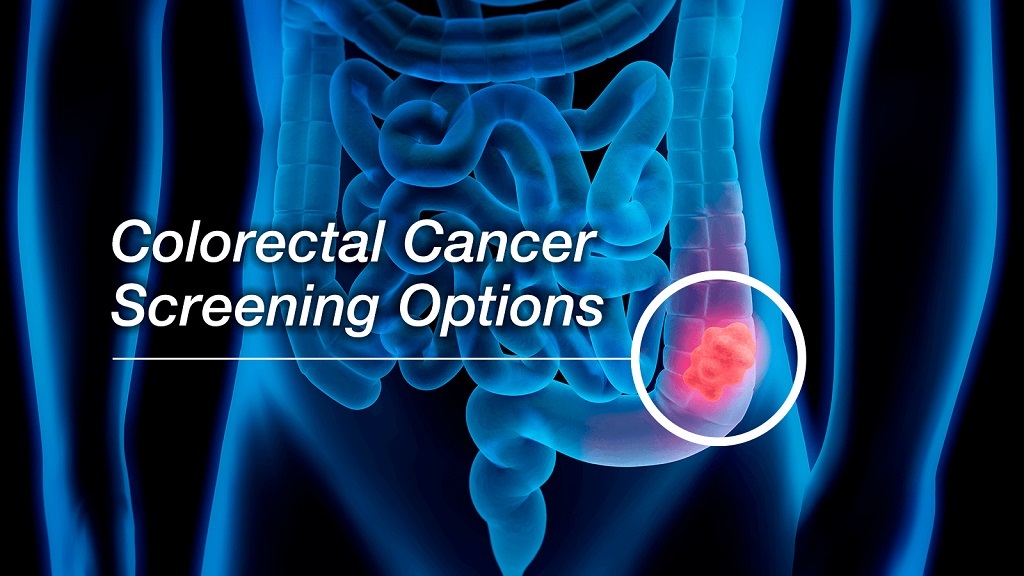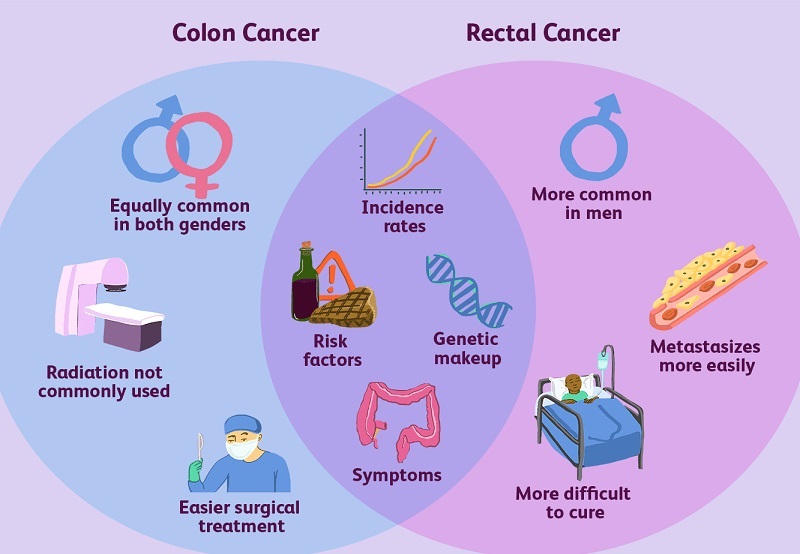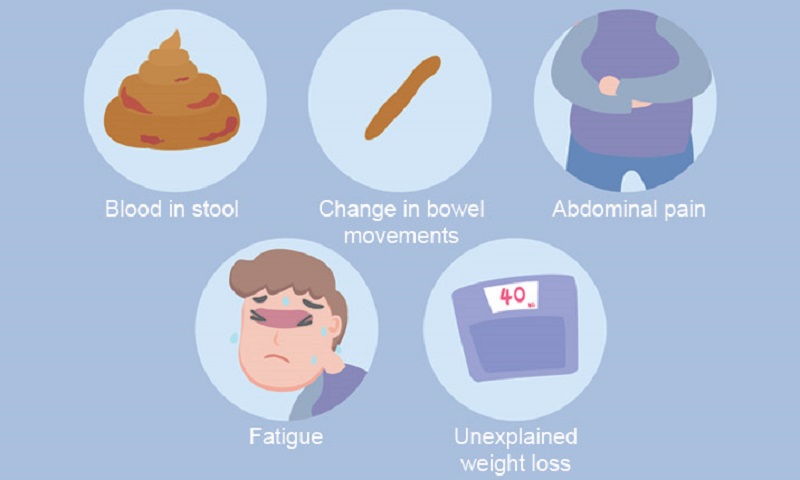
Colon Cancer is a kind of malignant growth that starts in the large intestine. The colon is the last part of the intestinal system. Colon cancer is also called colorectal cancer, which is a term that consolidates colon cancer and rectal cancer, which starts in the rectum. And the rate at which Young People are determined to have colorectal malignant growth in the US is dropping among individuals 65 and older yet ascending in more young age groups, as indicated by research from the American Cancer Society. In 2020, 12% of colorectal cancer cases will happen in people under 50 – around 18,000 cases. Rates have been expanding since the mid-1980s in grown-ups ages 20-39 years and since the mid-1990s in adults ages 40-54 years, with younger age bunches encountering the steepest increment.
So, if you're younger than 50, colorectal cancer or bowel cancer may not be extremely important to you. However, recently published data shows that regardless of your age, there's a rising incidence of colorectal cancer in those younger than 50.
In the journal Cancer, distributed for this month by the American Cancer Society, researchers find that the rate of colorectal cancer in adults younger than 50 has expanded in the US throughout the 10 years.
Reasons Why There’s a Low Cure Rate of Colon Cancer?

Recently, it isn't known why more Young People are getting colorectal cancer. You said that she accepts, “Altogether more young-onset colorectal diseases emerge from genetic malignant growth conditions, and fundamentally more emerge in relationship with a family ancestry.” But there is nothing but an obvious reason in most patients.
The American Cancer Society refreshed its rules for colorectal cancer screening in 2018. Previously, the guidelines screening started at 50 years old for individuals with an average risk. However, new rules suggest screening at 45 years old.
The more individuals are familiar with colorectal disease, the most likely they will get checked.
“There’s prolonged knowledge about the importance of screening whether it be using flex sigmoidoscopy, testing stool, or full colonoscopy. I think there is social media awareness expanding too,” says Dr. Cathy Eng, co-head of the VICC Gastrointestinal Cancer Research Program at Vanderbilt University Medical Center.
Screening tests are critical to consider in surveying the rate of colorectal cancer. There are both stool-based and visual exam tests accessible.
Some stool-based inspecting incorporates testing consistently, while others test every three years. Visual assessments include a colonoscopy every 10 years and a CT scan or adaptable sigmoidoscopy every five years. Although there are several choices accessible, it's ideal to converse with a doctor to figure out which is the right test for you.
How can You Reduce your Risk?
Although the underlying drivers behind the expansion in colorectal disease among adults remain obscure, Hsieh says it's essential to know your family background of colon malignant growth, get standard clinical tests, exercise, and avoid smoking cigarettes and drinking liquor to abundance.
“Seeing that few persons in your family were concluded to have colon disease can have a major impact in determining when to begin your colorectal malignant growth screenings and even what kind of treatment you might get,” she adds.
Another key stage in lessening your risk of colorectal cancer is understanding the screening system, including when to begin and what choices are accessible.
Current ACS rules suggest that individuals at normal gamble of the colorectal cancer screening at age 45.
If you have extra risk factors, such as inflammatory bowel disease, polyps, a background marked by stomach radiation for malignant growth, certain innate disorders, or family background of colorectal disease or certain polyps, you might be screened before or on a more regular basis.
As indicated by Hsieh, how to check for colon cancer doesn't mean you need to go through a colonoscopy, which for the most part requires sedation; stool-based tests are likewise accessible. She brings up that every choice offers benefits and prescribes conversing with your PCP about which screening might be ideal for you.

Colon Cancer Symptoms
Colon malignant growth can be asymptomatic, meaning it shows no side effects until the infection has advanced to later stages. Even then, the symptoms of colon disease can be obscure and like side effects of normal gastrointestinal issues like haemorrhoids, ulcers, or colitis.
That said, colon cancer symptoms can include:
- Stomach pain
- Draining from the rectum
- Constant sleepiness or weakness
- Unexplained weight loss
- Changes in bowel habits like thinner stool, constipation, or diarrhoea
- Diminished hunger
If you notice these side effects, visit your primary care physician to check whether you want a colon assessment. Health insurance may not cover colon cancer screenings before age 50, yet most plans cover these strategies for individuals with the above side effects, or with specific colon disease risk factors. If you have a family background of colon cancer or colon polyps you might be screened before 50.
